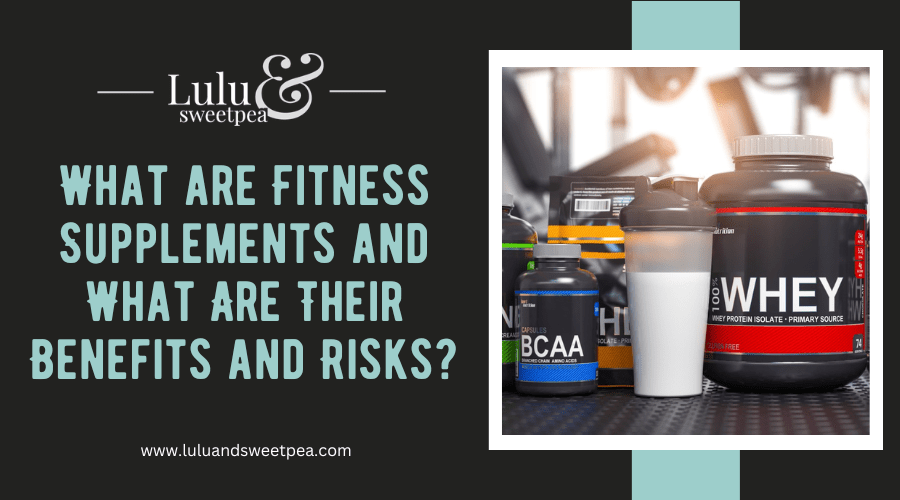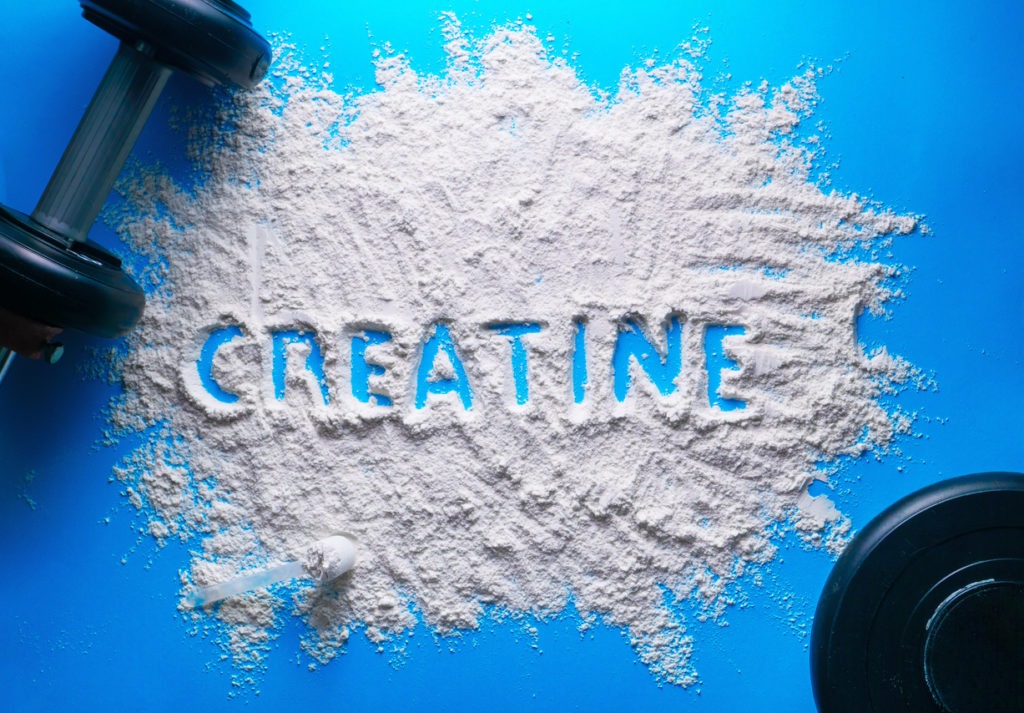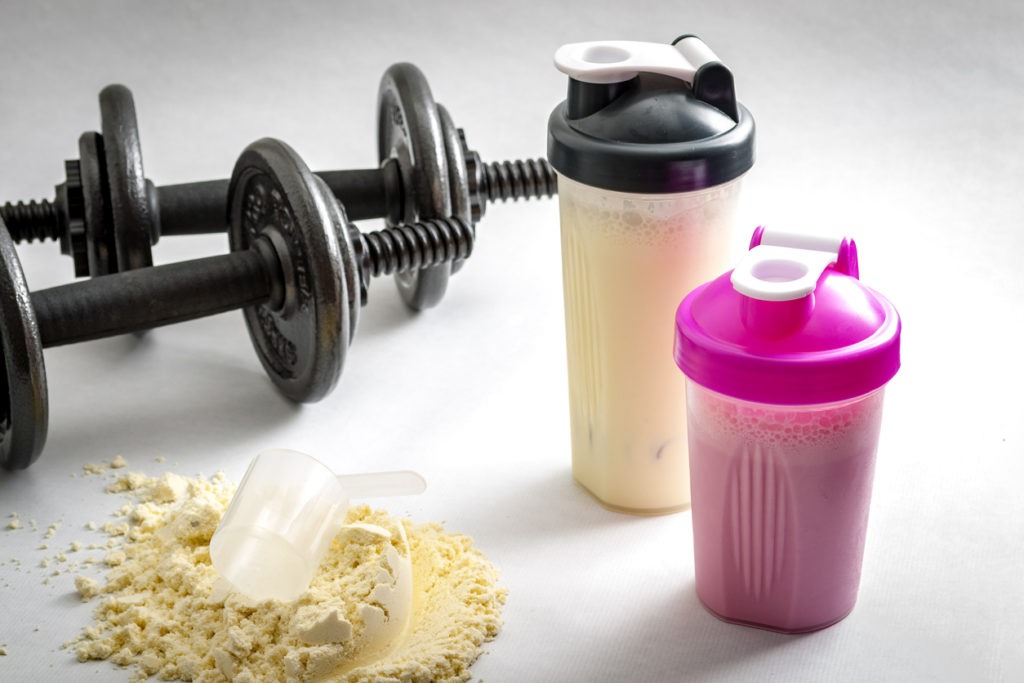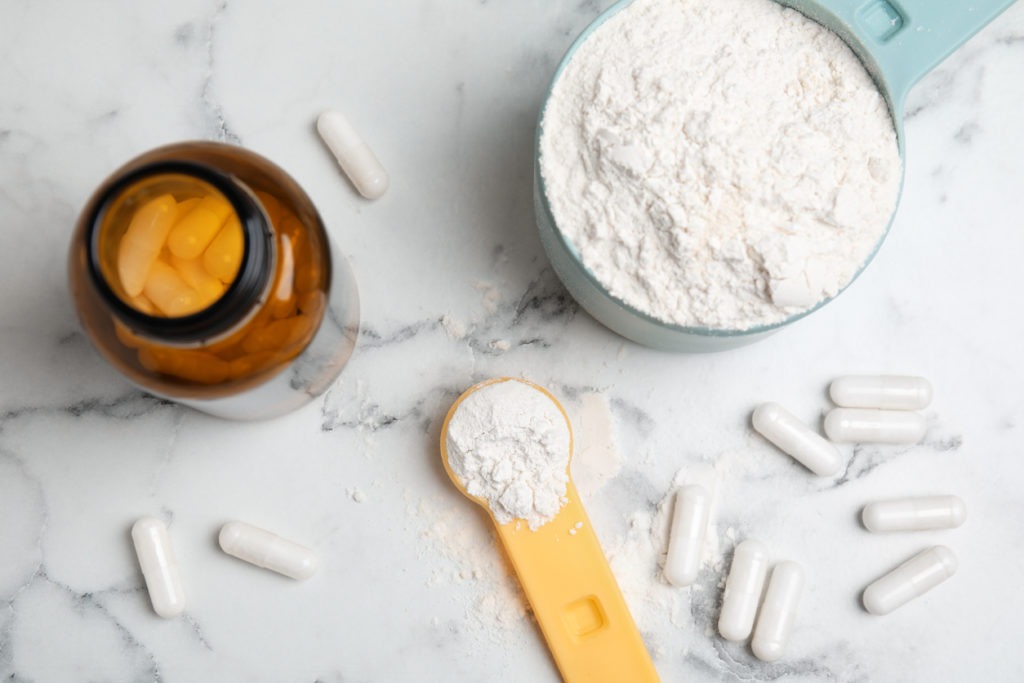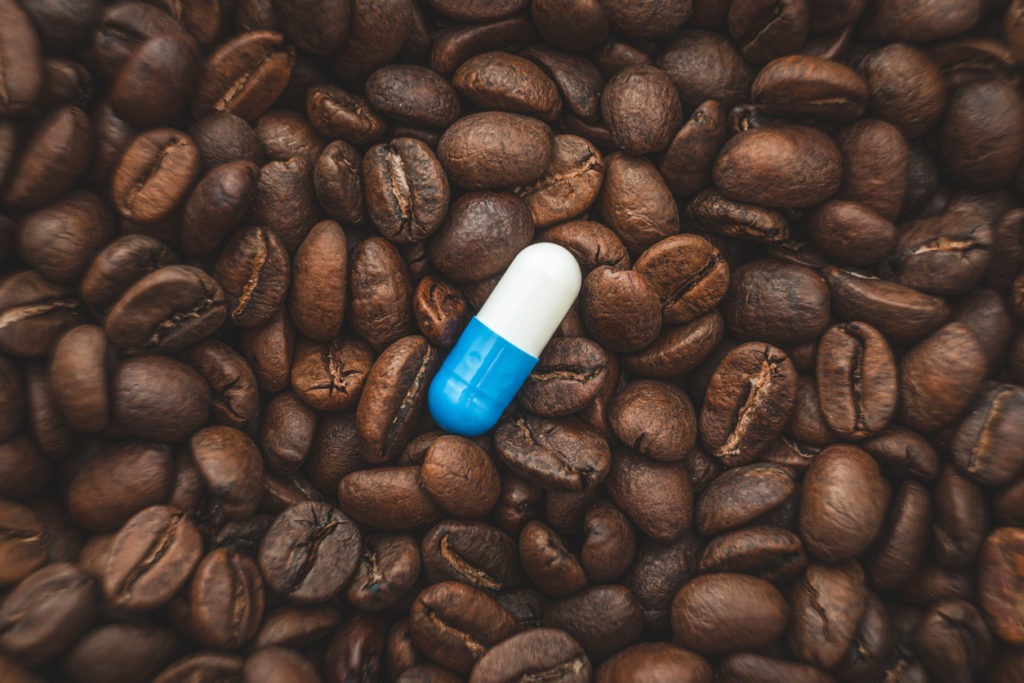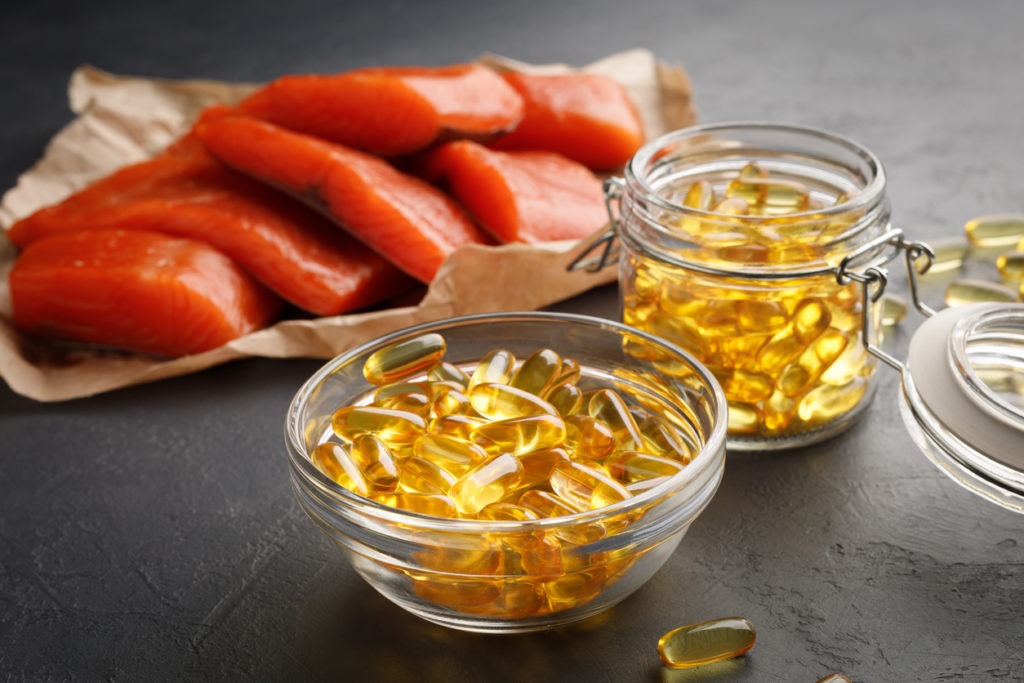Many people today are conscious about health and fitness, especially since it has become harder to achieve with today’s busy yet sedentary lifestyles. Exercising regularly and eating a balanced diet every day isn’t doable for everyone, and that’s why there are multitudes of dietary and fitness supplements in the market to achieve health and fitness goals.
If you go to the gym to keep your body fit, you have probably stumbled upon many fitness supplements that your trainers and fellow gym-goers take. And if you have ever tried window-shopping at health and fitness stores, you will find out that there are a ton of workout supplements to choose from. It’s not always clear which ones are worth it, which are suitable for you to help you achieve fitness goals, and which are unnecessary or unsafe.
In this article, get to know some of the most common fitness supplements and their benefits and risks.
NOTE: Consult with your Doctor before starting any fitness supplements
1. Creatine
Fitness always involves muscle building and strength, and creatine is one of the most researched and widely used supplements for performance and muscle growth. Few supplements have a solid scientific foundation that creatine offers. Creatine is proven safe and effective for improving strength, lean body mass, and power.
Creatine is a compound that is naturally produced in the body, providing energy for the muscles and other tissues. The body uses creatine to produce chemical energy (called ATP), which the body uses to power the muscles through exercise and other movements. A creatine supplement can boost our muscles’ stores and help us produce enough energy to perform in the gym.
Creatine is naturally found in meat, so the more meat you eat, the less likely you’ll need creatine supplements. Vegetarians or people who rarely eat meat can get huge strength boosts from most creatine supplements.
Consider creatine if you’re looking for a supplement to help you gain muscle. It’s one of the most efficient supplements to take if you’re doing a high-intensity activity. But if your primary exercise consists of aerobics and cardio, and you aim to increase your capacity and endurance, creatine would be a waste of money.
Creatine can lead to weight and muscle gain, and those who are trying to lose weight to get a slimmer figure should take caution. However, if you want to gain muscle for strength, bodybuilding, or aesthetics, you can consider it a useful addition to your routine.
2. Whey Protein Supplements
Nowadays, pretty much anyone who’s ever stepped foot in a gym has taken some sort of protein supplement at some point. If you’re ever into fitness, trying out a protein supplement has entered your mind. Though taking protein won’t automatically give you biceps, tons of legitimate scientific research backs up its muscle-building efficacy.
Whey protein is the most popular protein supplement for muscle building, especially when paired with resistance training. Whey is the richest source of branched-chain amino acids, which reduce protein breakdown, enhance muscle protein synthesis, and support recovery from intense workouts. It can help build muscle mass and improve the muscle-building effects of your resistance training.
However, there’s such a thing as too much protein. If your regular diet is already satisfying your daily recommended protein intake, supplementing with more protein can be a health hazard. When your body consumes excess amounts of protein, you increase nitrogen, putting yourself at risk of dehydration. If you consume it in the long run, you also risk worsening existing kidney problems and osteoporosis.
Consuming whey protein can be beneficial if you are a gym-goer since it can improve the nutrient content of your diet. Plus, there are numerous studies showing the safety and effectiveness of using whey protein supplements. However, it’s best to monitor the amount of protein you’re getting every day to ensure you’re not exceeding your recommended daily protein intake.
3. Branched-Chain Amino Acids (BCAA)
Branched-chain amino acids (BCAA) are essential supplements to improve recovery if you are into fitness sports and workouts. It can serve as an energy source when exercising and become a substantial fuel source for endurance exercises when carbohydrate stores are low. In turn, it can reduce fatigue and protein degradation.
BCAAs contain three individual amino acids: valine, isoleucine, and leucine – all of which have an essential role in protein synthesis and glucose uptake in the body cells. These amino acids have important functions in post-exercise as well as for overall muscle building and recovery. It helps decrease muscle damage associated with endurance exercises.
You don’t need this additional supplement if you drink whey protein, which contains plenty of BCAAs. You can naturally get BCAAs in most protein sources, particularly those of animal origin, like chicken, beef, pork, fish, dairy, and eggs. You may need this supplement if you want to improve muscle gain or reduce muscle loss, but it’s unclear if it’s helpful if you already consume enough protein.
4. Beta-Alanine
Beta-alanine is an amino acid that helps reduce fatigue and improve exercise performance. If you’re following an exercise program, beta-alanine can even help increase muscle mass. But basically, beta-alanine supplements are designed to improve performance and increase capacity during high-intensity exercise.
As you continue doing high-intensity exercises, hydrogen ions accumulate in the muscles, making you tired and slowing you down. Beta-alanine helps alleviate this by acting as a buffer for these fatigue-causing ions.
Because of this, beta-alanine may only be worth it if you’re doing high-intensity exercises. It’s also best consumed with a meal for better absorption. Also, a common side effect linked to consuming beta-alanine is a tingling sensation. To reduce this side effect, try taking smaller doses throughout the day instead of one big dose once, or use time-release capsules.
5. Caffeine
Caffeine is perhaps the most popular fitness ingredient known to man. It’s very common in energy drinks and pre-workout supplements. Most of the fat-burning, weight-loss, and performance-enhancer supplements out there have caffeine as their main ingredient. It is a powerful workout booster that high caffeine was even banned from sporting events, including the Olympics, for 20 years since 1984.
Basically, caffeine stimulates the brain and nervous system, making you feel alert and energized. It boosts adrenaline levels and strength of heart muscle contractions. It also increases performance, improves focus, boosts strength, and even increases pain tolerance.
Taking a cup of coffee before hitting the gym is convenient, but it’s not the most effective way to get a caffeine fix. Some of the active ingredients in coffee may interfere with caffeine absorption, so you will end up getting fewer benefits than you would get from pure caffeine. This is why other forms of caffeine, like caffeine anhydrous, are usually recommended and used in many pre-workout formulas.
However, more is never better when it comes to caffeine, and you need to be cautious before using it as a food supplement. Habitual caffeine drinkers need to take more and more to feel its effects because they notice less of an energy boost after taking caffeine. A way to keep your caffeine tolerance low is to take it only before your most intense workouts. Most people wouldn’t need a caffeine boost for cardio workouts, especially if they had enough rest. If you want to set new personal records or lift heavy weights, you can bring on the caffeine.
6. Fish Oil
Fish oil gets praise because of its omega-3 fatty acid content. These essential fatty acids are known for being beneficial for heart health and a decreased risk of heart disease. Still, athletes swear by them as they can reduce inflammation at the cellular level, thus decreasing muscle soreness.
Fatty fish has docosahexaenoic acid (DHA), a fatty acid present in fish oil. DHA supplements can be useful in sports where decision-making and reaction time efficiency are essential. Thus, fish oil can help improve your overall performance and physical efficiency.
You can reap the benefits of fish oil by eating foods like trout, salmon, tuna, soybeans, walnuts, and their oils. It’s a good idea to check first with your doctor before starting a higher dose of fish oil supplements. While it’s generally safe, taking too much fish oil can increase the risk of bleeding, and it might affect your immune response. It’s also unclear whether it’s safe for people who are allergic to seafood.
Benefits and Risks of Supplements
All of us can maintain a healthy and fit body by simply eating a clean and balanced diet. Whole, natural foods are loaded with nutrients that our body needs to function properly and prevent developing risks of diseases. But even though food must always come first, supplements offer an effective alternative for getting in nutrients that either is not available in sufficient quantity in food or are in foods that we don’t eat.
In most cases, a vitamin or mineral supplement will provide all the micronutrients that your body needs, and they are generally safe because they contain only small amounts of each nutrient. Individual nutrients are available as supplements, usually in larger doses than your typical multivitamin. It can be used to treat deficiencies.
Unless a deficiency is identified, a supplement is not usually necessary if you eat and exercise properly. But if you’re doing more intense workouts than the average exercise, fitness supplements can help boost performance, endurance, and muscle mass. Use supplements appropriately to help yourself avoid side effects and toxicities associated with overuse.
Usually, dietary supplements are not regulated as strictly as pharmaceutical drugs. Manufacturers don’t need to prove that they are either safe or effective. The US FDA doesn’t even determine if dietary supplements are effective before they are sold in the market. However, the USFDA does keep a list of potentially harmful products marketed as supplements. The worst offenders are usually weight loss supplements, sexual enhancement pills, and, unfortunately – supplements marketed at bodybuilders.
To be on the safe side, only buy supplements that are proven safe and are already established in the market. Do your research and consult your healthcare provider before taking supplements.
